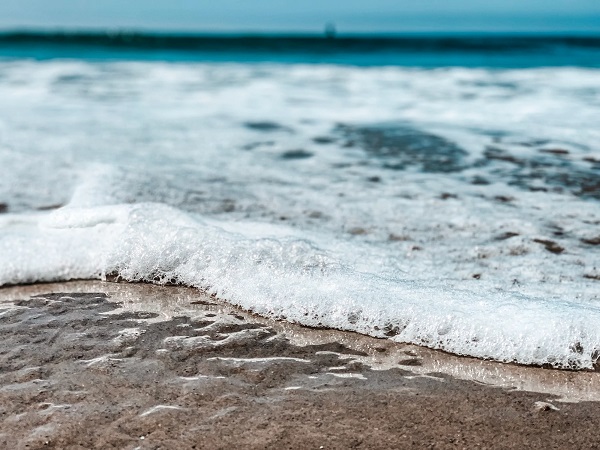
Sea water desalination technology: Way to go
The past few years have witnessed massive increase in world’s population and this has no doubt influenced profoundly essential utilities, especially when it comes to water utilisation that is perceived to be so indispensable to the very existence of humanity.
Based on literature, leading scientists have concluded that the world’s water bodies could virtually dry up partly due to nature’s factor like ‘force majeure’, in the form of global warming or climate change.
Advertisement
Generally, the untoward human activity such as pollution in all forms, through incessant dumping of industrial waste, but most specifically uncomplimentary agricultural practices and other unrestrained socio-economic undertakings, are additional key dynamics.
Analysing the above-given scenario, Ghana may not have any alternative in the unlikely event that there is acute scarcity of fresh water than to capitalise on sea water desalination technology.
A water supply process espoused globally, it encompasses treatment through elimination of salty element and other particles, including potentially hazardous minerals, compounds and micro-organisms out of sea water through scientific, industrial and mechanical processes to make it readily consumable or exploited for other required purposes. In the Ghanaian sovereignty, illegal mining, popularly known as ‘galamsey’ in the local parlance, has had damning catastrophic consequences on water bodies in recent times, resulting in severe environmental degradation leading to comprehensive ‘poisoning’ of these natural resources.
For all intents and purposes, there is the conviction that if the menace is not terminated, the likelihood that Ghana would be importing fresh water in the course of time would not be ruled out irrespective of the existence of the numerous water bodies the country is naturally endowed with.
Action
In the light of above postulations, it is significant to note that the extent to which river bodies and streams in Ghana have been extensively polluted with great impunity, owing to relentless illegal activities of prospecting miners, demands rapid deployment of sea water desalination technology, associated high cost of funding notwithstanding.
Ghana’s present status quo, with intensifying population of approximately 31 million, demands that this commendable technological breakthrough is fully deployed to avoid any futuristic adversities on the people of our beloved nation. We believe with the development of potable freshwater, the challenge of contracting certain strange health disorders due to chemical pollution of our water bodies through illegal mining and other destructive human pursuits would definitely be defeated.
Positive significance
The positive significance of sea water desalination to human endeavours cannot be underestimated as most jurisdictions globally continue to take advantage of this bounteous natural resource due to its natural abundance, dependability and availability at all given times.
With hindsight, approximately 70 per cent of global desalination plants are located in the Middle East enclave, where sea water is succinctly desalinated to serve as potable drinking water and for the purposes of agriculture irrigation and its development.
Interestingly, Kuwait, perceived to be the first country on earth to practicalise sea water desalination technology to supply water for large-scale domestic usage because of lack of natural river sources, continues to employ the scientific process due to its inherent benefits. The desalinated sea water, therefore, serves as the primary source of freshwater for consumption and other domestic and industrial purposes.
Benefits
The numerous benefits associated with the conversion of sea water into fresh and potable drinking water cannot be overemphasised. Apart from the many known positive aspects it provides, it is cheaply obtained as there is no known direct or indirect taxes levied against its exploitation from the celestial realm.
The early deployment of this indispensable technological breakthrough could again contribute to transforming the country’s agricultural trajectory, especially the construction of irrigation channels in the northern provinces of Ghana to enhance agricultural practices.
There is no doubt that it would guarantee affordable and cheaper source of freshwater.
Incontrovertibly, the country stands to benefit enormously through foreign exchange earnings as freshwater could be supplied to neighbouring countries, especially those countries within the Sahelian regions where, naturally, there is much scarcity of available water resources.
Joe Effah-Nkyi,
Logistics Control Limited.
E-mail: [email protected]
Mob: 233 244 250922




